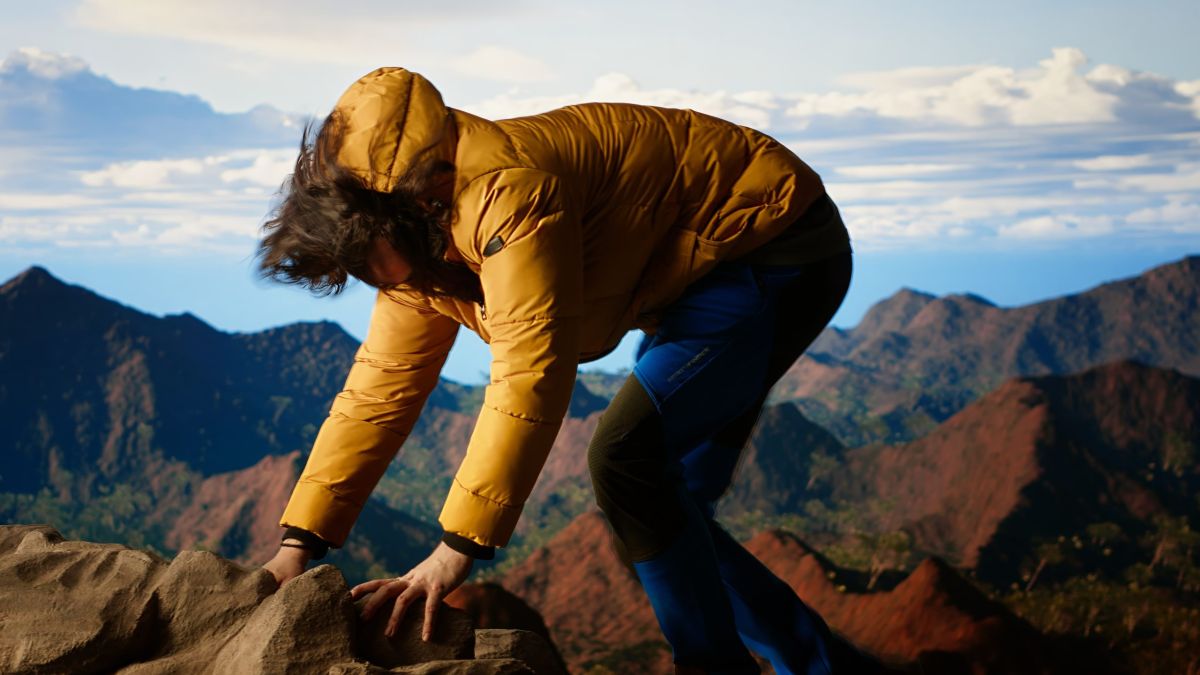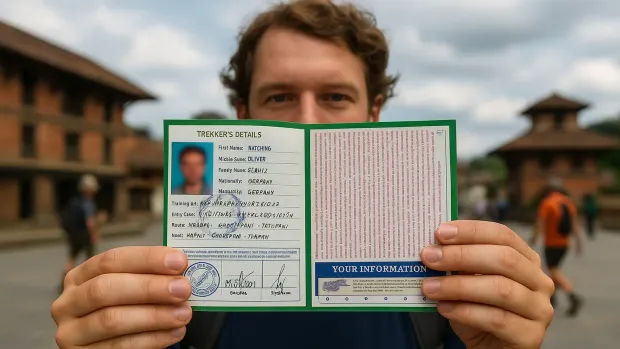Natural Ways to Cure Altitude Sickness: A Complete Guide

Altitude sickness, also known as acute mountain sickness (AMS), is a common challenge faced by travelers and trekkers who ascend to high altitudes too quickly. It occurs when the body struggles to adjust to lower oxygen levels found above 2,500 meters (8,000 feet). Symptoms often include headache, dizziness, fatigue, shortness of breath, nausea, and difficulty sleeping.
While medication like acetazolamide can help, many prefer natural remedies that allow the body to adapt gently and safely. Below, we’ll explore proven natural ways to prevent and cure altitude sickness effectively.
1. Ascend Gradually
The most effective natural prevention is a slow and steady ascent. Give your body time to acclimatize by climbing no more than 300–500 meters per day once you’re above 2,500 meters. If possible, spend a rest day for every 1,000 meters gained. Gradual acclimatization allows your body to produce more red blood cells, improving oxygen transport.
2. Stay Well Hydrated
Dehydration intensifies altitude sickness symptoms. At higher altitudes, your body loses water faster through respiration and perspiration. Drink plenty of fluids — ideally 3–4 liters of water daily. Avoid excessive caffeine and alcohol, as they can cause dehydration and slow acclimatization.
Tip: Add a pinch of salt or an electrolyte mix to maintain mineral balance.
3. Eat Light, Balanced Meals
At high altitudes, digestion slows down, so it’s important to eat smaller, frequent meals rich in carbohydrates and natural sugars. Foods like fruits, whole grains, and vegetables provide energy and help your body utilize oxygen more efficiently.
Avoid heavy or oily foods, which may worsen nausea and fatigue.
4. Use Natural Herbs And Remedies
Several herbal and traditional remedies can assist in preventing and alleviating altitude sickness:
-
Ginger: Known for its anti-nausea properties, ginger tea or chews can ease dizziness and stomach discomfort.
-
Garlic: Helps improve blood flow and oxygenation, aiding acclimatization.
-
Ginkgo Biloba: Some studies suggest it enhances circulation and reduces altitude sickness symptoms.
-
Coca Leaves (traditional in Andes): Chewing coca leaves or drinking coca tea helps reduce fatigue and shortness of breath.
Always consult a healthcare provider before using any herbal remedy, especially if you have medical conditions.
5. Practice Deep Breathing
Deep and controlled breathing can increase oxygen intake and reduce shortness of breath. Practice slow inhalations through your nose, holding briefly, and exhaling fully through your mouth.
This technique helps calm the nervous system and maintain oxygen levels in the blood.
6. Keep Warm And Rest Well
Cold weather at high altitudes can restrict circulation and worsen symptoms. Dress in warm, layered clothing and ensure you get enough rest. Sleep is essential for your body’s recovery and oxygen regulation.
If you experience difficulty sleeping, try to avoid sleeping pills or alcohol — they can depress breathing and worsen symptoms.
7. Descend If Symptoms Worsen
If natural remedies do not ease the symptoms within 24 hours, the safest action is to descend to a lower altitude. Even a descent of 300–500 meters can bring significant relief. Never ignore persistent or severe symptoms such as confusion, difficulty walking, or chest congestion — these may indicate high-altitude cerebral or pulmonary edema, which require immediate medical attention.
Conclusion
Altitude sickness can affect anyone, regardless of fitness level. However, by following these natural prevention and treatment methods, you can reduce discomfort and safely enjoy high-altitude destinations.
Remember: listen to your body, stay hydrated, eat well, rest sufficiently, and ascend gradually. Nature itself provides the best ways to adapt — if you give your body the time and care it needs.



